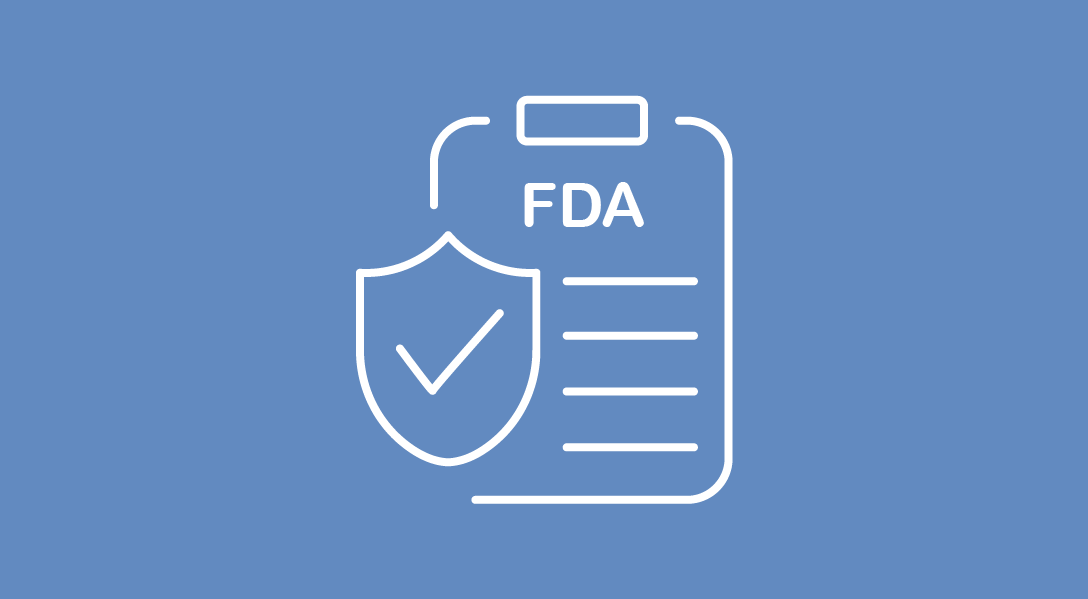BLA for First-Line Tislelizumab Plus Chemo Accepted by FDA for Gastric/GEJ Cancer
A biologics license application has been accepted by the FDA for first-line tislelizumab plus chemotherapy for gastric/gastroesophageal junction cancer.
BLA for First-Line Tislelizumab Plus Chemo Accepted by FDA for Gastric/GEJ Cancer

A biologics license application (BLA) has been accepted by the FDA to seek the approval of tislelizumab (Tevimbra) plus fluoropyrimidine- and platinum-containing chemotherapy for the first-line treatment of patients with locally advanced unresectable or metastatic gastric or gastroesophageal junction (GEJ) adenocarcinoma.
The BLA is supported by findings from the phase 3 RATIONALE-305 trial (NCT03777657), which evaluated tislelizumab plus chemotherapy vs placebo plus chemotherapy for the frontline treatment of patients with gastric or GEJ adenocarcinoma.
Data from the final analysis of RATIONALE-305 presented during the 2023 ESMO Congress demonstrated that the study met its primary end point; in the intent-to-treat (ITT) population, the median overall survival (OS) was 15.0 months (95% CI, 13.6-16.5) in the tislelizumab arm (n = 501) compared with 12.9 months (95% CI, 12.1-14.1) in the placebo arm (n = 496; HR, 0.80; 95% CI, 0.70-0.92; log-rank P = .0011). Additionally, the median OS among patients with a PD-L1 score of at least 5% was 16.4 months (95% CI, 13.6-19.1) vs 12.8 (95% CI, 12.0-14.5) in the tislelizumab (n = 274) and placebo (n = 272) arms, respectively (HR, 0.71; 95% CI, 0.58-0.86). Notably, the addition of tislelizumab to chemotherapy led to an OS benefit compared with chemotherapy plus placebo in every subgroup of the ITT population that was analyzed.
The agency’s target action date on the BLA is expected in December 2024.1
“There is an urgent need for new treatment options for gastric cancer, which is often diagnosed at the advanced or metastatic stage,” Mark Lanasa, MD, PhD, chief medical officer of Solid Tumors at BeiGene, the manufacturer of tislelizumab, said in a press release.1 “In clinical trials, tislelizumab has demonstrated its potential to improve survival for patients with gastric and GEJ cancer. This FDA acceptance brings us one step closer to delivering on a new treatment option for patients who often face poor prognoses.”
RATIONALE-305 enrolled adult patients without HER2-positive disease who did not undergo prior systemic therapy for advanced disease, had at least 1 measurable or non-measurable lesion, and had and ECOG performance status of 1 or less.2
Eligible patients were randomly assigned 1:1 to receive chemotherapy with tislelizumab or placebo for initial treatment up to 6 cycles. In cycles 7 and beyond, patients received tislelizumab or placebo, with optional capecitabine; treatment in both arms continued until unacceptable toxicity or disease progression.
The primary end points were OS in the ITT and in patients with a PD-L1 score of at least 5%; secondary end points included objective response rate (ORR), progression-free survival (PFS), duration of response (DOR), and safety.
Moreover, the median PFS in the ITT population was 6.9 months (95% CI, 5.7-7.2) compared with 6.2 months (95% CI, 5.6-6.9) in the tislelizumab and placebo arms, respectively (HR, 0.78; 95% CI, 0.67-0.90). The ORR was 47.3% (95% CI, 42.9%-51.8%) vs 40.5% (95% CI, 36.2%-45.0%) among response-evaluable patients in the tislelizumab (n = 237) and placebo (n = 201) arms; the median DOR was 8.6 months (95% CI, 7.9-11.1) vs 7.2 months (95% CI, 6.0-8.5), respectively.
In the safety population, patients in the tislelizumab (n = 498) and placebo (n = 494) arms experienced an any-grade treatment-related adverse effect (TRAE) at rates of 97.0% vs 96.4%, respectively. Additionally, patients in both arms experienced grade 3 or higher TRAEs (53.8% vs 49.8%), serious TRAEs (22.7% vs 14.6%), TRAEs leading to treatment discontinuation (16.1% vs 8.1%), TRAEs leading to death (1.2% vs 0.4%), and any-grade immune-mediated AEs (30.9% vs 11.7%). Investigators concluded that tislelizumab plus chemotherapy displayed a manageable safety profile, and the most common TRAEs were consistent with the known safety profiles of the individual agents.
References
- BeiGene’s biologics license application for Tevimbra (tislelizumab) for first-line gastric or gastroesophageal junction cancers accepted by FDA. News release. BeiGene. February 27, 2024. Accessed February 27, 2024. https://ir.beigene.com/news/beigene-s-biologics-license-application-for-tevimbra-tislelizumab-for-first-line-gastric-or-gastroesophageal-junction-cancers-accepted/4cc83f12-9249-4984-9a2a-c607c8a6e879/
- Xu RH, Oh DY, Kato K, et al. Tislelizumab plus chemotherapy versus placebo plus chemotherapy as first-line treatment of advanced gastric or gastroesophageal junction adenocarcinoma: final analysis results of the RATIONALE-305 study. Ann Oncol. 2023;34(suppl 2):S1281-S1282. doi:10.1016/S0923-7534(23)X0011-8




